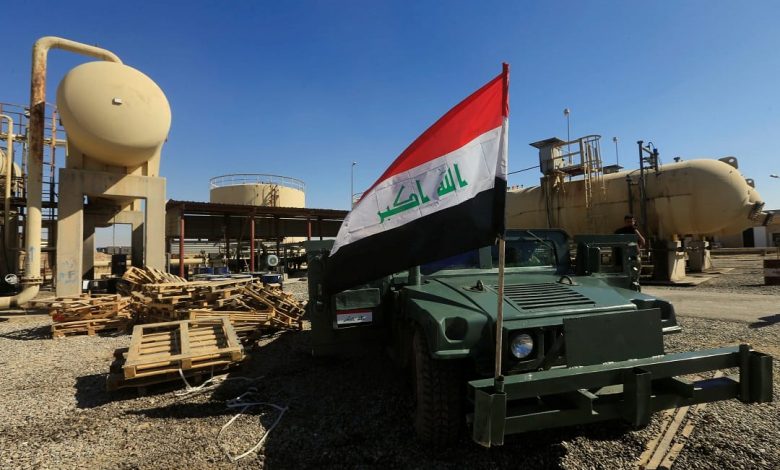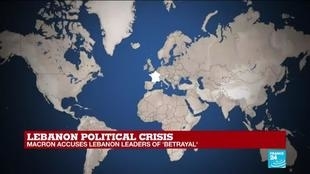UN Envoy Warns Against Voter Suppression In Iraq

republicworld– With the help of the United Nations, authorities in Iraq are taking measures to prevent voter fraud in national elections next month, the UN envoy to Iraq said Tuesday.
However, Jeanine Hennis-Plasschaert stressed that Iraqi political parties and candidates must abstain from intimidation, voter suppression and bribes to ensure the October federal elections are free and fair.
Speaking to reporters in Baghdad, Hennis-Plasschaert outlined efforts by Iraqi electoral authorities, with technical assistance from the UN, to close loopholes from the past that have undermined public trust in Iraq’s electoral process.
To boost numbers Iraq requested UN monitoring during election day on October 10.
The UN has also been providing technical assistance to Iraq’s High Electoral Commission, the official body that oversees polls.
The UN electoral assistance mission in Iraq is one of the largest worldwide, with five times as many UN personnel as compared to 2018, Hennis Plasschaert said.
She stressed the running of next month’s polls will be very different from 2018 due to new strict measures.
An independent audit firm will keep tabs on how votes are counted and what happens with the results, she said.
To prevent fraud, provisional results will be shown at polls throughout the country.
In the past these were announced once the ballots had been transported and counted at IHEC headquarters.
130 international experts will also be deployed to monitor polls ahead of and during election day.
They will be accompanied by 600 support staff.
New measures are also in place to avoid the misuse of electronic voter cards which will be confiscated and disabled for 72 hours to avoid double voting, she said.
Next month’s federal elections are being held a year in advance, in line with a promise made by Prime Minister Mustafa al-Kadhimi when he assumed office in 2020 to appease anti-government protesters.
Uncertainty emerged whether the polls would be held on time after influential Shiite cleric Moqtada al-Sadr said he would contest them. But he has since reversed this decision.
The elections are also being held under a reformed electoral law that crucially divides Iraq into 83 constituencies from just 18.
“Voters will vote for individuals, not just parties,” Hennis-Plasschaert said. “Experience elsewhere in world shows us that voting for individuals in smaller constituencies can create a stronger bond between voters and their representatives.”
But she warned political parties would have to abstain from voter suppression and other illicit activities ahead of the polls to ensure the integrity of the polls.
She also urged Iraqis, especially the disillusioned youth who make up 60% of the population, to vote and warned against boycotting the election.




